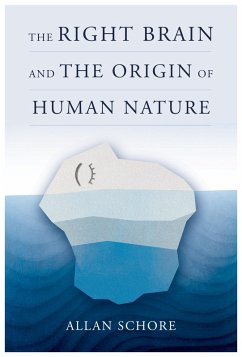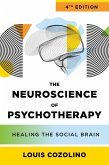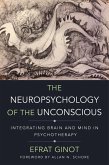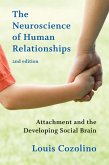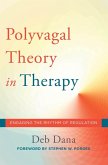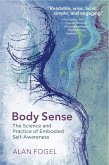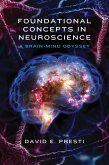A new, cuttingedge volume of original work from a luminary in neurobiologicallyinformed models of mental health.
The culmination of three decades of Allan Schore's groundbreaking work, this book details how the right brainthe psychobiological locus of Freud's unconscious mindplays a fundamental role in the early origin of human nature (the general characteristics and feelings attributed to human beings). The early developing right brain not only grounds our bodilybased subjective experience of the world, but also allows us to make sense of it.
This volume offers interdisciplinary and clinical evidence indicating that during human infancy, right brain intersubjectivity (the emotional communication between unconscious minds) and attachment (the subliminal interactive regulation of emotion) underlie the essential foundation of the human personality. Beneath conscious awareness, the early evolving right brain implicitly generates the emotional capacity for both love and hate, ecstasy and agony, good and evil, forgiveness and revenge, creativity and destructivenessall products of the deeper stratum of human nature.
The culmination of three decades of Allan Schore's groundbreaking work, this book details how the right brainthe psychobiological locus of Freud's unconscious mindplays a fundamental role in the early origin of human nature (the general characteristics and feelings attributed to human beings). The early developing right brain not only grounds our bodilybased subjective experience of the world, but also allows us to make sense of it.
This volume offers interdisciplinary and clinical evidence indicating that during human infancy, right brain intersubjectivity (the emotional communication between unconscious minds) and attachment (the subliminal interactive regulation of emotion) underlie the essential foundation of the human personality. Beneath conscious awareness, the early evolving right brain implicitly generates the emotional capacity for both love and hate, ecstasy and agony, good and evil, forgiveness and revenge, creativity and destructivenessall products of the deeper stratum of human nature.
Dieser Download kann aus rechtlichen Gründen nur mit Rechnungsadresse in A, D ausgeliefert werden.

